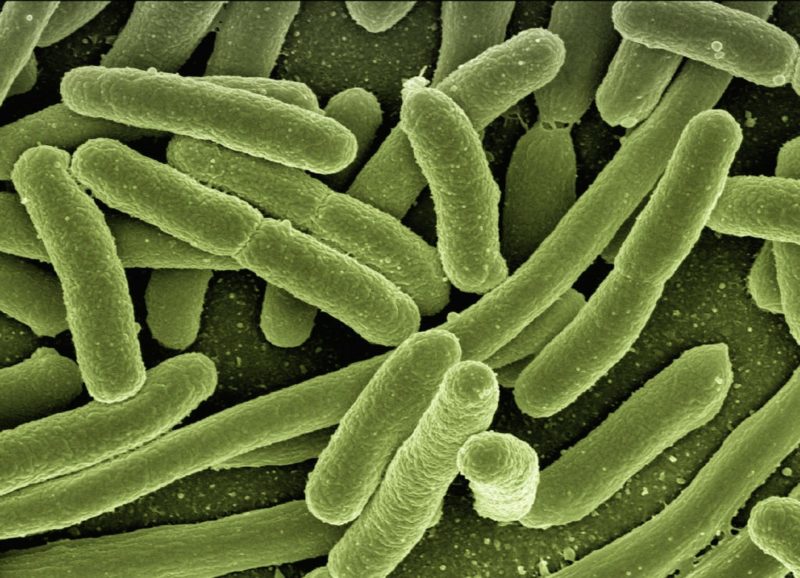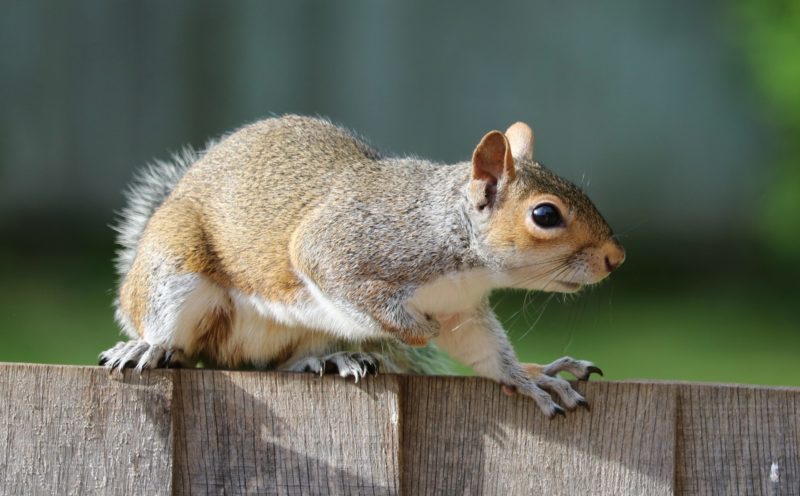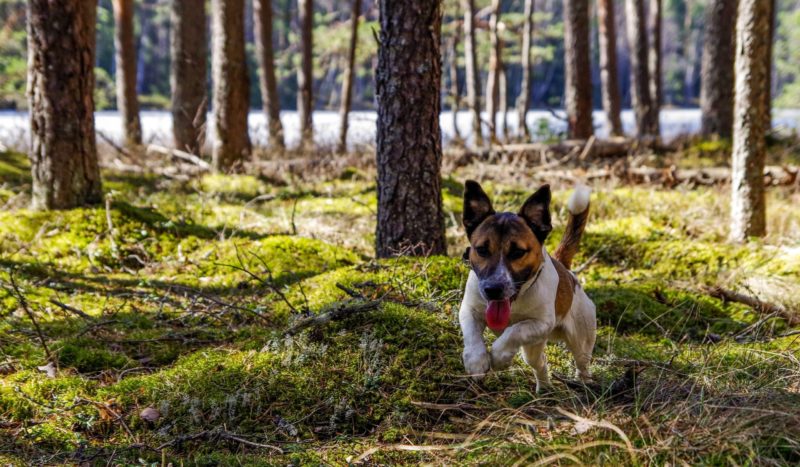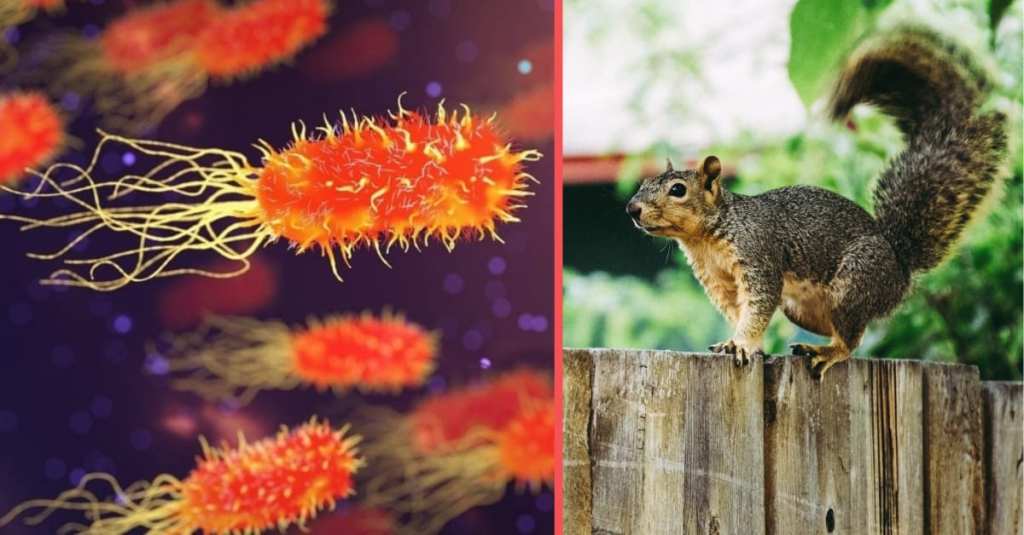While the COVID-19 pandemic continues to affect millions worldwide, the state of Colorado just encountered another dangerous infection.
A resident recently became infected with the bubonic plague. Just weeks earlier, a squirrel in the state tested positive for the plague.
The infection represents Colorado’s first human case of the plague since 2015.

Photo Credit: Pixabay
The unidentified person lives in the southwest region of the state and contracted the septicemic plague earlier this summer. However, the individual has since recovered, according to the Denver Post.
Unsurprisingly, the person had contact with sick squirrels.
Coming in contact with animals puts people at risk since all three forms of the plague are caused by bacteria called Yersinia pestis, which live in some animals and their fleas.

Photo Credit: Pexels
The first is septicemic plague, which happens to be the rarest form. The infection in your blood causes tissues to turn black and die.
The second form, the bubonic plague (the most common form) causes swollen and painful lymph nodes.
The third, pneumonic plague results in a severe lung infection.
While the disease does not spread easily from person to person, one health official sent a strong message about an increased report of plague activity.

Photo Credit: Pexels
Colorado public health veterinarian Dr. Jennifer House said:
“While we see most plague activity during the summer, the disease can be found in rodents year-round.
It sometimes spills over into other wildlife species as well as domestic cats and dogs.”
Left untreated, the infection can turn fatal. However, most people recover once they undergo proper antibiotic treatment.

Photo Credit: Pexels
Because household pets can catch the plague from infected wildlife, health officials caution against letting pets roam around.
Sorry, dogs and cats in Colorado. It’s best to stay inside.
Have you ever had an encounter with a wild animal? What was going through your mind? Tell us your story in the comments below!






